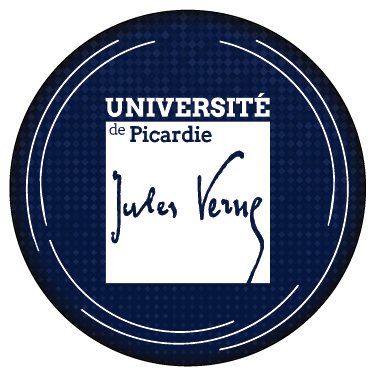Antibacterial resistance is a healthcare burden. Among Gram-negative bacteria, Pseudomonas aeruginosa belongs to the first list of antibiotic-resistant "priority pathogens" described by the World Health Organization. Formerly Pseudomonas pseudomallei, Burkholderia pseudomallei, responsible for melioidosis, is considered as a potential bioterrorist weapon by the Centers of Diseases Control and Prevention. We are interested in the development of new ways to combat these bacteria, targeted due to their high level of resistance to antibiotics via a lack of membrane permeability or efflux. Using iron transport systems is a promising strategy to bypass the bacteria cell membrane and restore the activity of conventional antibiotics such as ciprofloxacin. Specific outer membrane receptors are necessary to most microbes as they allow iron uptake, essential for their survival through siderophore-dependent mechanisms. These systems may allow the introduction of antibacterial agents, chemically coupled to a natural or synthetic siderophore molecule to form siderophore-antibiotic conjugates. In this work, we describe the synthesis of six new siderophore analog-ciprofloxacin conjugates including cleavable linker or not. The siderophore analogs correspond to a mono-catechol or a hydroxypyridinone moiety recognized by both Pseudomonas and Burkholderia species. Physico-chemical studies showed that (i) conjugates were unable to interact or cross the membrane by passive diffusion and (ii) conjugates with cleavable linker are stable in physiologic environment. Biological evaluations have highlighted a promising compound 2d, bearing an hydroxypyridinone moiety with a cleavable linker, active on a large panel of strains of Pseudomonas aeruginosa, Burkholderia pseudomallei and Burkholderia thailandensis without toxicity observed in vitro.







